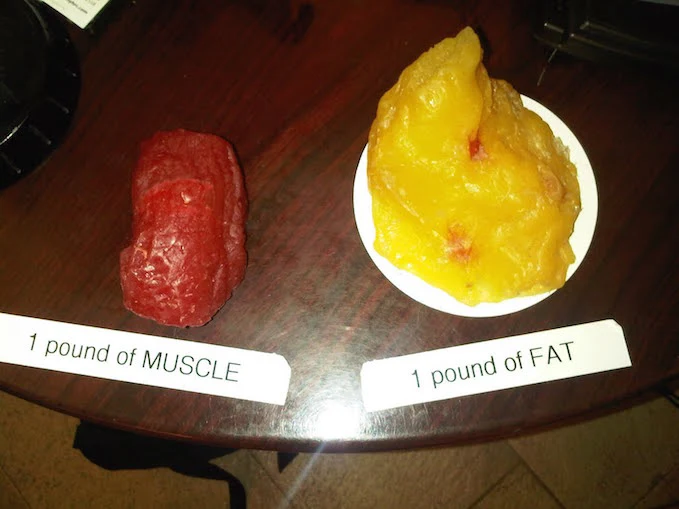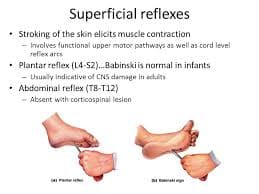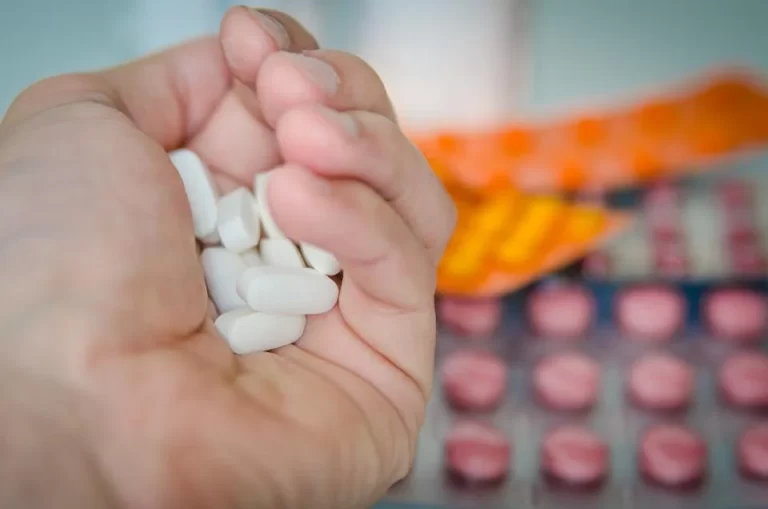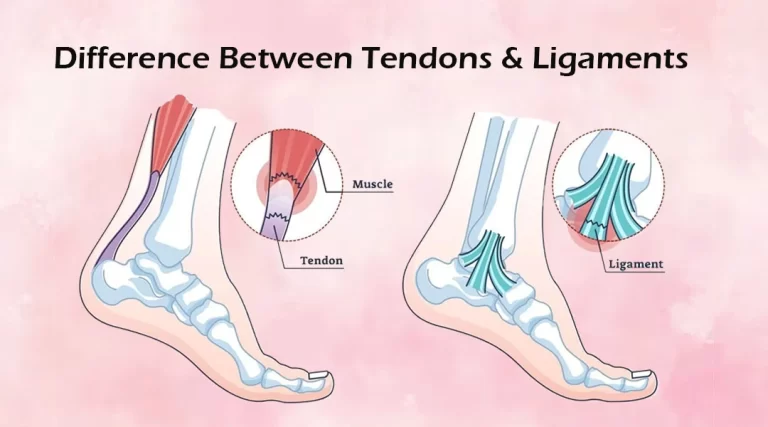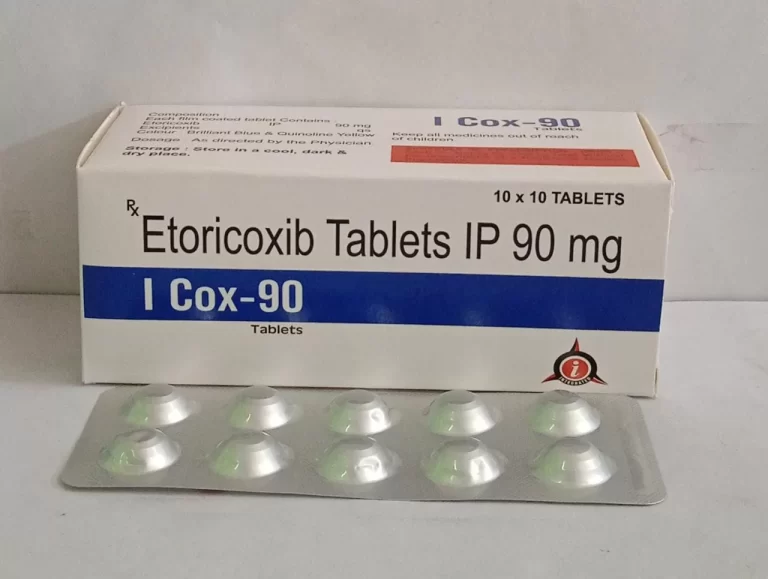Creatine Supplements: Benefits and Side Effects
Creatine is a substance that exists naturally in the body. It also appears in red meat and seafood. It is commonly used to increase workout performance and muscle mass.
Creatine contributes to muscular energy production. Skeletal muscle accounts for around 95%. The majority of sports supplements include creatine. When they begin taking creatine, people with lower creatine appear to benefit more than those with greater levels.
People typically utilize creatine to boost workout performance and growing muscle mass. It is also claimed to treat muscular cramps, exhaustion, multiple sclerosis (MS), depression, and a variety of other diseases, however, the majority of these claims lack scientific basis.
Creatine supplies energy to your muscles. A lot of people use creatine pills to increase their power and support mental wellness. Creatine supplements are safe for most people, but you should first talk to a healthcare provider to ensure they’re right for you. This article is an evidence-based evaluation of creatine’s safety and negative effects.
What is Creatine?
- Creatine is the best sports performance supplement available. Despite its research-backed advantages, some people avoid creatine because they are concerned about its potential negative effects on their health.
- Creatine is a substance formed of three amino acids. Creatine is largely present in your muscles and brain. Most individuals acquire creatine from shellfish and red meat, however at quantities significantly lower than those found in synthetic creatine pills. The liver, pancreas, and kidneys may also produce around one gram of creatine daily.
- Creatine is mostly stored as phosphocreatine in your muscles and consumed for energy. As a result, people use creatine orally to boost athletic performance and muscle growth.
- Oral creatine is also used to treat neurological diseases, neuromuscular issues, congestive heart failure, and other ailments. Topical creatine may be used to cure aging skin.
- Some report it causes weight gain, cramps, and problems with digestion, the liver, and kidneys. However, hundreds of investigations have shown its safety and efficacy.
How does Creatine Function Biologically?
- Creatine is distributed throughout your body, with 95% stored in your muscles.
It is derived from meat and fish, and it may also be synthesized spontaneously in the body from amino acids. - Your diet and natural creatine levels seldom maximize muscle storage of this molecule.
In a person weighing 154 pounds (70 kg), the usual storage is around 120 mmol/kg, however, creatine supplements can increase these stores to roughly 160 mmol/kg. - During high-intensity activity, the stored creatine aids your muscles in producing more energy. This is the fundamental reason why creatine improves workout performance.
- Once your muscle’s creatine reserves are full, any excess is broken down into creatinine, which is metabolized by your liver and excreted in urine. Around 95% of your body’s creatine is stored in your muscles. There, it gives more energy for high-intensity activity.
Benefit of Creatine
Research on the use of creatine in specific situations and activities shows:
- Strength, muscular mass, and performance. Oral creatine supplementation may enable an athlete to complete more work during repetitions or sprints, resulting in higher improvements in strength, muscular growth, and performance. Creatine is commonly utilized by athletes who participate in high-intensity intermittent activities that require quick recovery during training and competition.
- Injury prevention. Oral creatine may minimize the incidence of dehydration, muscular cramps, and damage to muscles, bones, ligaments, tendons, and nervous systems.
- Rare creatine-metabolizing syndromes. Oral creatine supplementation could relieve symptoms in children with certain creatine-deficient disorders.
- Cognitive and neurological health. Creatine supplementation may enhance cognitive function, particularly in elderly persons.
- Sarcopenia and Bone Health. Creatine supplementation may assist in preventing age-related decreases in skeletal muscle and bone mineral density.
- Heart failure. There is insufficient data to advocate the use of oral creatine as a heart failure therapy.
- Skin is aging. Early study indicates that using a lotion containing creatine and other chemicals on the face every day for six weeks may minimize skin sagging and wrinkles in males. Another study found that a lotion with creatine and folic acid improves UV damage and minimizes wrinkles.
Those who have low amounts of creatine such as vegetarians tend to benefit most from creatine supplementation.
Our Use of Creatine
- Creatine is generally safe and may be beneficial for athletes who require quick bursts of speed or improved muscle strength, such as sprinters, weight lifters, and team athletes.
- While creatine may not benefit all athletes, research indicates that it is typically safe when taken as advised.
- Although a previous case study revealed that creatine may increase renal failure in persons with kidney problems, creatine does not appear to influence kidney function in healthy individuals.
Supposed Side-Effects of Creatine
The following are some possible adverse effects of creatine, depending on who you ask:
- Kidney Damage
- Liver damage
- Kidney Stones
- Weight Gain
- Bloating
- Dehydration
- Muscle cramping.
- Digestive concerns
- Compartment syndrome
- Rhabdomyolysis
Does Creatine cause Dehydration or Cramps?
- Creatine affects your body’s water storage capacity, causing more water to enter your muscle cells. This observation may be the basis for the hypothesis that creatine induces dehydration. However, this shift in cellular water content is modest, and no study backs up the allegations of dehydration.
- A three-year study of athletes discovered that those who took creatine experienced fewer incidences of dehydration, muscular cramps, and muscle injuries than those who did not. They also had fewer absences due to illness or injury.
- One research looked at creatine usage during exercise in hot temperatures, which can cause cramping and dehydration. During a 35-minute riding workout at 99°F (37°C), creatine showed no negative effects on riders when compared to a placebo.
- Further blood testing revealed no differences in hydration or electrolyte levels, both of which play a role in muscular cramping. The most definitive research was done on those receiving hemodialysis, a medical therapy that can produce muscular cramps. Researchers discovered that the group that took creatine had a 60% reduction in cramps.
- According to the present research, creatine does not promote dehydration or cramps. If anything, it might safeguard against these conditions. According to widespread misconception, creatine does not raise your chances of cramping or dehydration. You may be less likely to develop these illnesses.
Does Creatine Induce Weight Gain?
- Creatine supplements have been widely researched and shown to promote a rapid rise in body weight. Research found that one week of high-dose creatine supplementation (20 grams/day) boosted participants’ body weight by around 2-6 pounds (1-3 kg).
- Over time, studies demonstrate that creatine users may continue to gain more weight than non-creatine users. This weight gain is the result of greater muscle growth, not increasing body fat.
- Increased muscle mass may also assist elderly persons, obese people, and those suffering from specific ailments. Creatine-induced weight gain is due to increased water content in your muscles rather than fat accumulation.
How does Creatine affect your kidneys and liver?
- Creatine can modestly boost creatinine levels in the blood. Creatinine is routinely used to identify renal or liver disease. However, the fact that creatine boosts creatinine levels does not imply that it is harmful to your liver or kidneys. No investigation on creatine usage in healthy people has found evidence of injury to these organs.
- A long-term study of collegiate athletes showed no adverse impact on liver or renal function. Other studies that measured biological markers in urine reported no effect after creatine consumption.
- One of the longest trials to date, lasting four years, also determined that creatine has no significant side effects. Another well-publicized research found that a male weightlifter who used creatine supplements developed renal damage.
- However, this one case study provides inadequate data. A variety of other factors, including extra supplements, were also implicated.
- However, if you have a history of liver or renal issues, proceed with caution when using creatine supplements. A healthcare practitioner can advise you on if creatine is appropriate for you. According to current studies, creatine has no adverse effects on the liver or kidneys.
Does Creatine create intestinal issues?
- Excessive dosages, like many vitamins or drugs, can create stomach difficulties. In a 2008 research, a 5-gram dosage (given twice daily) induced diarrhea in 29% of individuals, which was not substantially different from the placebo.
- However, a 10-gram dosage (given once daily) raised the risk of diarrhea by 56 percent. For this reason, the suggested serving size is 3-5 grams. The 20-gram dosing technique is also divided into four portions of 5 grams each during the day.
- Despite anecdotal complaints, there is no proof that creatine causes digestive problems when taken in the authorized dosages. It is conceivable that additions, chemicals, or impurities produced during the industrial manufacture of creatine might cause problems.
- It is advised that you get a reliable, high-quality product. Creatine does not worsen digestive problems when the proper doses and loading protocols are followed.
Does Creatine cause acne?
- There is no proof that creatine promotes acne. Creatine may help you exercise harder and for longer periods, resulting in more perspiration. While sweating can cause acne, creatine alone does not.
- When applied topically, creatine has been shown in certain studies to improve skin wrinkles, aging, and damage. There is no evidence that creatine directly causes acne. Some research indicates that it can aid with wrinkles, aging, and skin damage.
How does Creatine interact with other drugs?
- Before beginning your creatine program, consult with your doctor or another healthcare practitioner. If you are on any drugs that impact liver or renal function, you may want to avoid creatine supplements.
- Creatine may interfere with some drugs, so consult your physician before beginning supplementation. Creatine can aid with blood sugar management, therefore if you are taking medicine that affects blood sugar, see your doctor before using creatine.
- If you are pregnant or breastfeeding, or if you have a serious condition like heart disease or cancer, you should see a doctor. Creatine may create problems if you take certain drugs, such as those that influence blood sugar.
Other possible adverse effects
- Some people believe that creatine might cause compartment syndrome, a disease in which excessive pressure builds up inside an enclosed region, typically inside arm or leg muscles.
- Although one study discovered increased muscular pressure after two hours of heat training, this was mostly due to heat and exercise-induced dehydration, not creatine.
- Researchers also determined that the pressure was transient and minimal. Some argue that creatine supplements raise the risk of rhabdomyolysis, a disorder in which muscle breaks down and proteins seep into the circulation. However, no evidence supports this hypothesis.
- The theory showed up because creatine pills produce an increase in a blood measure called creatine kinase. This small rise contrasts with the high levels of creatine kinase associated with rhabdomyolysis. Unexpectedly, some doctors believe creatine may protect against this illness.
- Some individuals sometimes confuse creatine with anabolic steroids, although this is yet another misconception. Creatine is a fully natural and legal chemical present in your body and meals, such as meat, that has no connection to steroids.
- Finally, there is a misperception that creatine is exclusively appropriate for male athletes. Nonetheless, no study indicates that it is unsafe in prescribed doses for women or older persons.
- Unlike other supplements, creatine has been used to treat some problems in children, such as neuromuscular abnormalities and muscle atrophy. Creatine has been determined to have no adverse effects on children in studies lasting up to three years.
- Creatine’s outstanding safety profile has been continuously validated via research. There is no indication that it produces side effects such as rhabdomyolysis or compartment syndrome.
Is Creatine a Steroid?
- Some individuals falsely say that creatine is an anabolic steroid, that it is unsafe for women and teens, and that it should only be taken by elite athletes and bodybuilders.
- Despite this unfavorable reputation, the International Society of Sports Nutrition considers creatine to be highly safe and recommends it as one of the most helpful sports supplements available.
- One research looked at 69 health indicators after people received creatine supplements for 21 months. It discovered no harmful effects.
- Creatine has also been utilized to treat a variety of illnesses and conditions, including neuromuscular problems, concussions, diabetes, and muscle loss.
Is Creatine safe to use daily?
- Creatine pills may be safely consumed regularly, according to research. There is no evidence to indicate any considerably negative side effects in those who take high doses of creatine (30 grams per day) for up to 5 years.
- Indeed, research has revealed that athletes who used creatine supplements daily for an extended length of time experienced improved health.
- Research does not support erroneous claims regarding creatine’s safety or negative effects.
Summary
- Creatine has been used for over a century, with hundreds of studies supporting its safety and efficacy.
- It also has several muscular and performance advantages, may enhance health markers, and is utilized in medical settings to treat a variety of disorders. Creatine is one of the most inexpensive, effective, and safe supplements available.
FAQs
Are there any harmful side effects of creatine?
Creatine may be safe to ingest for an extended period. Doses of up to 10 grams per day for up to 5 years have been successfully administered. Side effects may include dehydration, gastrointestinal distress, and muscular cramping. When applied on the skin: There isn’t enough credible information to determine if creatine is safe.
What is the best time of day to take creatine for optimal results?
The exact timing of taking creatine on rest days is less crucial than it is on activity days; nonetheless, you should always supplement on rest days to keep muscle creatine levels up. Creatine should be taken daily to reap its full effects.
Is creatine completely safe?
Creatine pills may be safely consumed regularly, according to research. There is no evidence to suggest any considerably harmful side effects in those who ingest high doses of creatine (30 grams per day) for up to 5 years.
Is creatine safe for the kidneys?
Creatine supplements are safe and do not cause kidney damage. Reports of renal harm from its usage are rare. Creatine supplements, however, should not be utilized by those who have a chronic renal illness or are using potentially nephrotoxic drugs.
How much water should I drink with creatine?
How much water should I drink with creatine?
Each 5-gram dosage of creatine should be taken with at least 8 ounces of water. In terms of overall daily water intake, aim for 3 to 4 liters (12 to 16 cups). Remember that 1 liter = 1000 milliliters of water and 1 cup equals eight teaspoons of liquids.
Who requires creatine?
The supplement is most popular among high school, college, and professional athletes, notably football and hockey players, wrestlers, and gymnasts. Creatine is considered to boost strength, enhance lean muscle mass, and assist muscles recover faster after exercise.
References
- CREATINE: Overview, uses, side effects, precautions, interactions, dosing, and reviews. (n.d.). https://www.webmd.com/vitamins/ai/ingredientmono-873/creatine
- Cissn, R. M. M. (2023, March 8). Creatine side effects: Is it safe? FAQs You should know. Healthline. https://www.healthline.com/nutrition/creatine-safety-and-side-effects#bottom-line
- Creatine. (2023, December 13). Mayo Clinic. https://www.mayoclinic.org/drugs-supplements-creatine/art-20347591
- Nordqvist, J. (2023, June 26). Should I use creatine supplements? https://www.medicalnewstoday.com/articles/263269#should_I_use_creatine_supplements
- Professional, C. C. M. (n.d.-d). Creatine. Cleveland Clinic. https://my.clevelandclinic.org/health/treatments/17674-creatine


